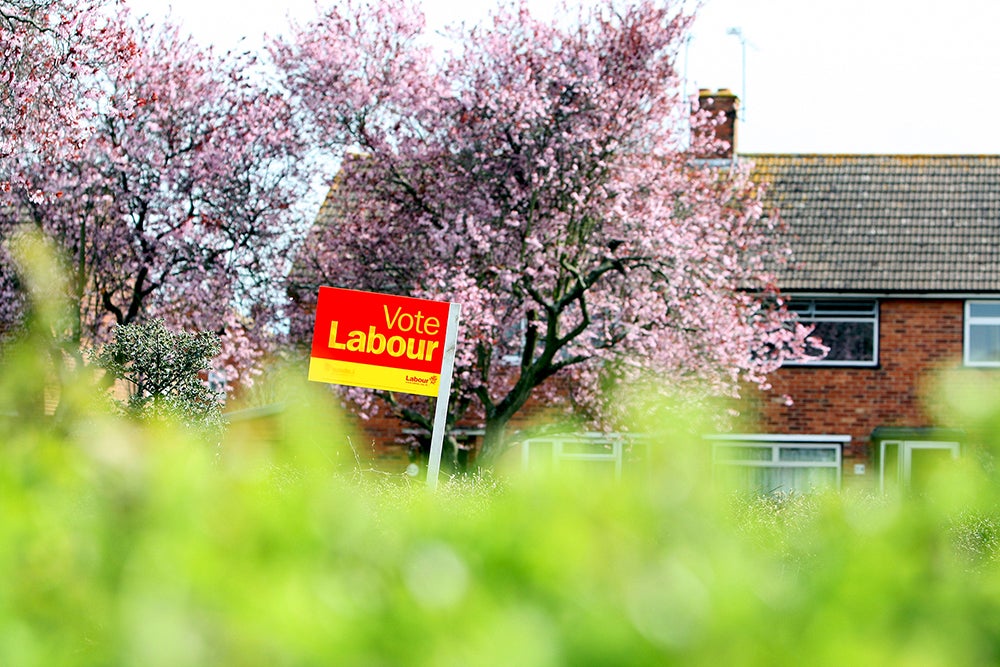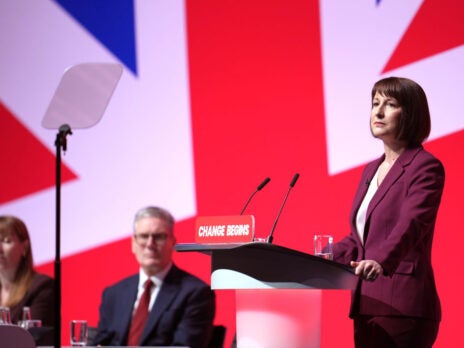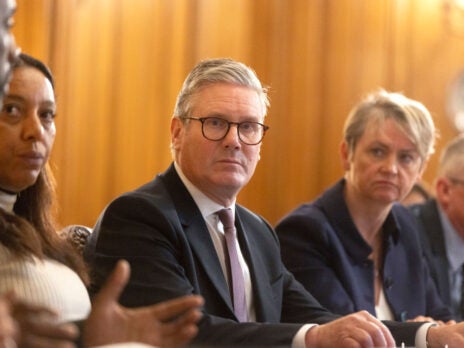
Is it premature to write this? Perhaps. But it appears the polls might be settling.
The dizzy heights that Labour scaled during Liz Truss’s farcical premiership and Rishi Sunak’s early months were not sustainable in the long term. The new Prime Minister has demonstrated sufficient competence to voters to enable an improvement in the Conservatives’ standing.
But the gains have been decidedly limited. Sunak’s early achievement of an updated Brexit deal and his campaign to “Stop the Boats” have been little in comparison to the defining political issue: the cost-of-living crisis. Added to this, voters’ memories of Boris Johnson, and Sunak’s reluctance to make a clear break with the former PM, may not just be limiting the Tories’ advance but sending the party backwards too.
It’s comical. Scroll through my pieces earlier in the year. There are one, two, three, four that bear almost identical titles. “Will [insert] save the Conservatives?” Will Northern Ireland? Will Brand Sunak? Will the Budget? My answer has always been the same: no. Until the cost-of-living crisis is solved it will crowd out all else.
And this is why, despite Sunak’s polling advantage over Truss and Johnson, Labour still leads by 15 to 20 percentage points. This is not only enough for the party to win a parliamentary majority but, assuming a proportionate rather than uniform swing and 1997-style tactical voting, a landslide. That’s where we are right now. But it doesn’t feel like it, does it? Just ask Labour’s own councillors. The surge in support seen in the polls is only being partly felt. Most councillors told the New Statesman in April they were seeing only incremental improvements in popular support.
I repeat what I have written for the past two years – Labour’s lead owes more to the Tories’ decline than to the opposition’s rise. But while there are Tory to Labour defectors – and now a larger number than David Cameron’s equivalent share in 2010 – there are still more Tories who prefer to back no one (see chart).
Is the government implementing the right policies to tackle the cost-of-living crisis? Absolutely not, say 62 per cent of voters, while just a quarter say yes (only three points short of the Tories’ overall vote share). But does Labour have the right policies? 43 per cent say yes, while 38 per cent say no.
So here’s where we are in short: voters think the status quo stinks and want something different. They’re prepared to let Labour have a go. But are they enthused about this? Not really. Yet still the change in public opinion hasn't felt so strong since the last time an incumbent government was ousted.
[See also: Britain Predicts]


